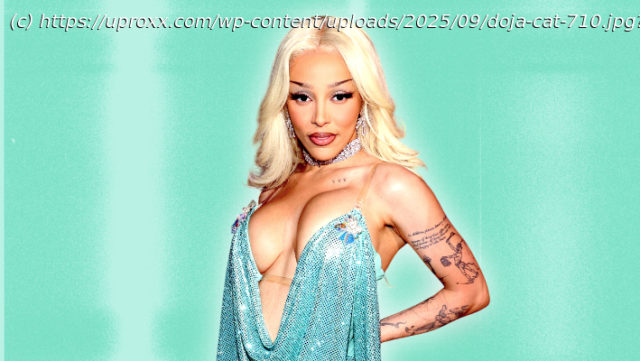Doja Cat reaches back to the past to make an album that redefines what pop means in 2025.
Over the course of the past seven years since she first exploded into stardom with “Mooo!,” Doja Cat has proven to be a musical chameleon, equally willing to dive into bluesy R&B as she is aggressive battle rap. Yet with her new album, Vie, she insists she’s making a pop album. If that’s true, though, her effort warrants a look at one of the biggest questions facing modern musical discourse: Just what the hell is pop music in the first place?
For years, the answer has appeared to be: Black music with a white face. This isn’t exactly a shocking revelation. It’s a major plot point in Dreamgirls, it’s the argument that has cropped up again and again with each subsequent generation of “transgressive” hyper-sexy pop stars — the Madonnas, the Britneys, the Xtinas, the Arianas, the Mileys, the Taylors, and Justins Timberlake and Bieber. It’s even jumped entire oceans, as we now debate the merits of Koreans appropriating Black culture through their own maximalist lens.
Doja’s very existence, though, throws a kink in the narrative. The daughter of a white Jewish graphic designer and a South African actor and dancer, Doja has unwillingly become emblematic of the friction inherent to the entire pop music category. From the outset, her rap chops have been questioned. She herself maligned many of her fan-favorite works like “Say So” and “Kiss Me More” while on the campaign for Scarlet, her defiant attempt to wrestle control of the narrative away from chronically online fans’ conspiracy-cooked noodles.






